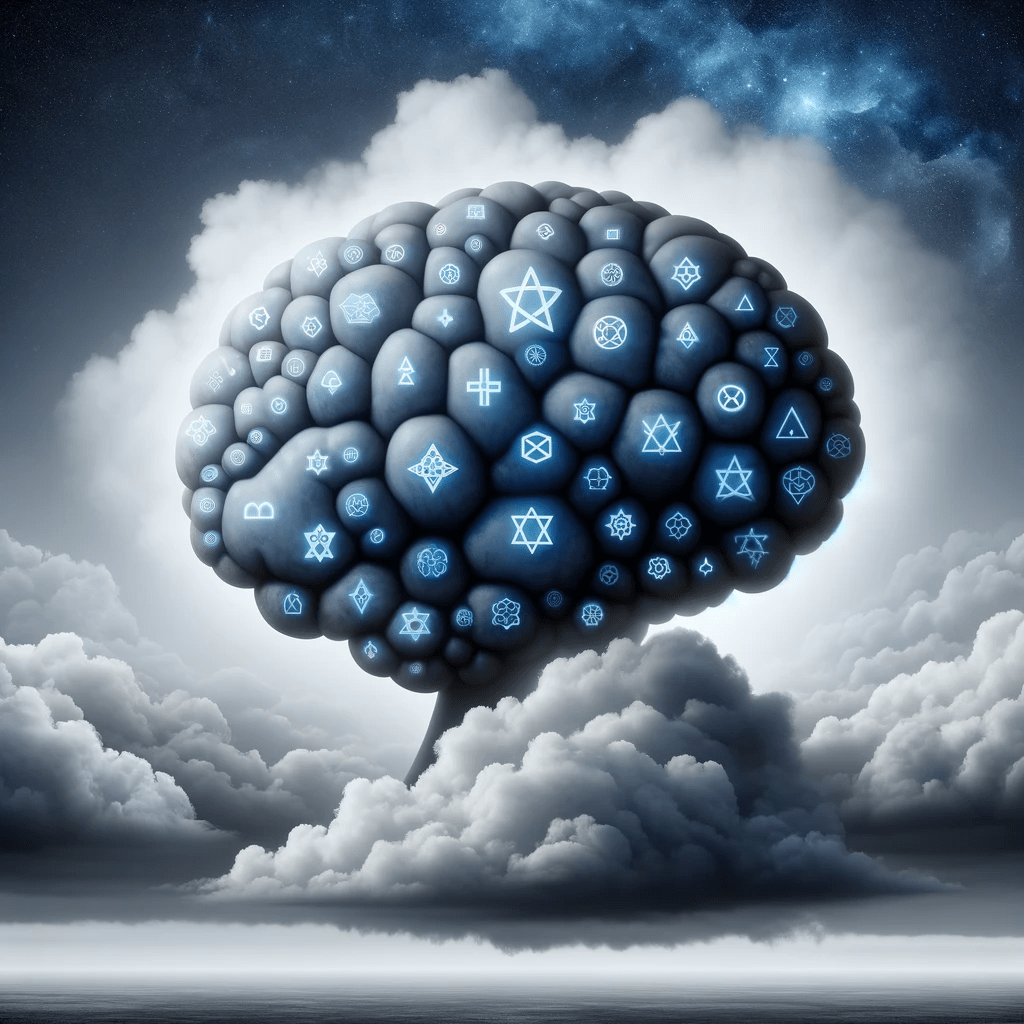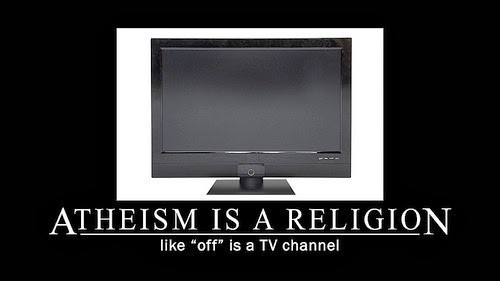
The bad news: brainwashing, gaslighting, and the technological terror of the modern PR machine has been serving evil human projects.
The good news: The young of every caste, color, and creed hold the cure.
I am still recovering from my poisoned mind after 25 years of SDA/Christian brainwashing. It’s especially difficult since I was employed by them as a brainwasher. But a decade into recovering from the crippled mindset, I am starting to compare the old poison with others I find around me. Religious cult-related mental poisons are surprisingly similar to other kinds I find in the wider world.
An obvious one in my country is the cult of Trump. Perhaps less obvious is what I find in the geopolitical world. Propaganda from Russia (pre- and post-USSR) and the Zionist Israel project have relied heavily on such a similar kind of poisoned thinking. When an institution or global ideology can successfully recruit millions of minds into this cult-like culture of gaslighting, then apply that poison to dehumanizing and “othering” vulnerable victims, branding them as less than human, ‘dirty,’ or ‘enemies of humanity,’ they have gone to the next level. A frightening, Orwellian level.
SDAs also create a mental barrier between their in-group (a.k.a., The Remnant) and everyone else, but the worst fruits of this are projected into an apocalyptic future, and they make themselves the prophesized victims in this future scenario, martyrs for their cause. Putin’s cult and Netanyahu’s cult do this uncloaked, brazenly, in a full-throated justification for genocidal intentions. Truly horrific.
Continue Reading Mind Poison




